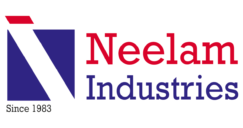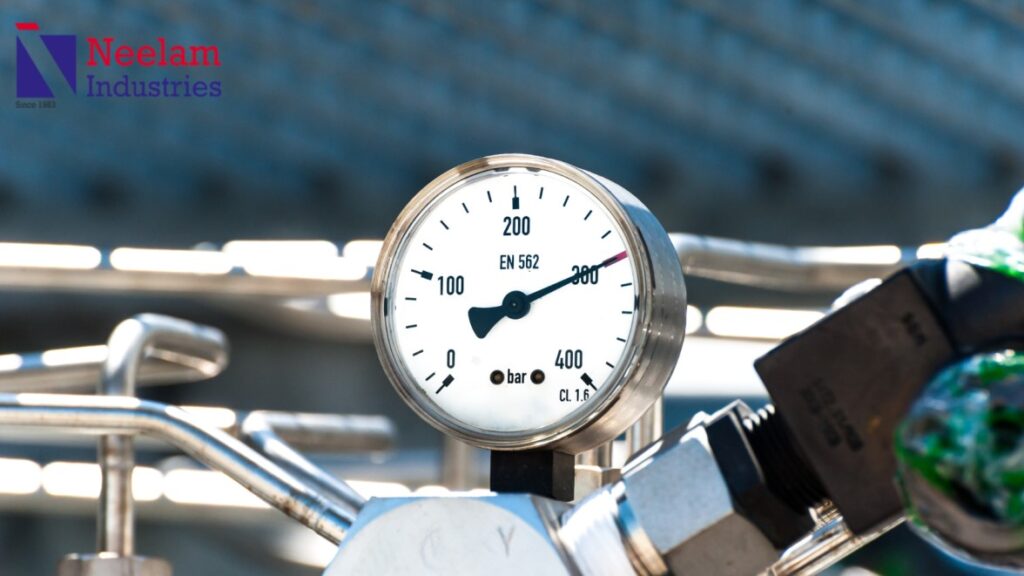When one has to think about the most important factor in the pharmaceutical industry, it has to be effectiveness and safety.
The health and life of others depend on you. When patients or healthcare professionals buy your medications, vaccinations, or medical equipment, they are putting their trust in you to produce goods that live up to expectations.
Pressure vessels are essential to the pharmaceutical and other sectors, but despite all of their advantages, they are not without risks and difficulties. It is imperative that you thoroughly research the equipment manufacturer’s knowledge, experience, principles, and dedication to excellence before entering into a partnership with them. For instance, the expert of the pressure vessel manufacturer in Ahmedabad will always abide by the standards that can match up to their global requirements.
What is a pressure vessel?
Any apparatus, tank, or vessel intended to work at pressures considerably higher than the surrounding air pressure can be a pressure vessel. Most pressure containers run at pressures higher than 15 psig. Typically, the pressure vessel manufacturer India makes them cylindrical or spherical in shape, and are mostly made of carbon steel, stainless steel, aluminum, or a variety of other premium metals and are used to contain liquids or gasses. They consist of a baseplate, gaskets, nozzles, flanges, internals, and other components unique to the use of the specific pressure vessel.
Where are pressure vessels used?
Depending on the sector and use case, pressure vessel manufacturer India produce several types of pressure vessels.
Pressure vessels find use in power plants, the pharmaceutical, oil and gas, and petroleum refining industries, as well as in the processing of chemicals and petrochemicals. Other types of pressure vessels include bullet tanks, separators, columns, boilers, and drums that are subjected to high pressures and temperatures. Pressurized containers can be found in the pharmaceutical business notably in tubular heat exchangers, chemical reactors and bioreactors, distillation columns, compounding or manufacturing vessels, and storage vessels.
Storage vessels – which contains liquids, and vapors and should be kept at specific pressures and temperatures based on their makeup and stability.
Heat exchangers – double sheet tubular heat exchangers are essential for pharmaceutical and other industrial manufacturing processes to operate efficiently.
Boilers – The enclosed vessel is heated by fuel-based or electrical sources and is made of strong, heat-stable, and corrosion-resistant materials to withstand the temperature.
Which standards do the best pressure vessel manufacturers in India comply with?
There are several rules and standards that manufacturers adhere to, covering anything from pressure vessel design and maintenance to equipment inspection. The Boiler and Pressure Vessel Code was established by the American Society of Mechanical Engineers, or ASME for short. Section VIII of the ASME Code, together with Sections II, V, and IX, should ideally be examined in order to gain a thorough understanding of international requirements for pressure vessel design, welding, and construction.
For instructions on maintenance inspection, rating, repair, and alteration, consult API 510, the Pressure Vessel Inspection Code, published by the American Petroleum Institute, or API. Additional API codes address requirements related to construction, material, design, plumbing, and durability maintenance. The current European standard, EN 13445, is also widely used throughout the continent. Other standards follow with the Pressure Equipment Directive for equipment working at various pressure conditions including the German standard AD Merkblätter and several more.
The manufacturers should be aware of the pressure vessel’s dimensions, including the thickness and diameter of the shell, as well as the internal and exterior design pressures, test pressure, design temperature, support type, and material composition and tensile strength. The design formulas for each section of the pressure vessel can be found in ASME Section VIII, Division 1. Quality testing is a vital step in the manufacturing process, just like it is in any other business or procedure.
All things considered, it’s not always simple to locate the right equipment partner in the pharmaceutical industry. To make a decision, you must first conduct a thorough study, establish trust in your contacts, and keep up with industry developments.

